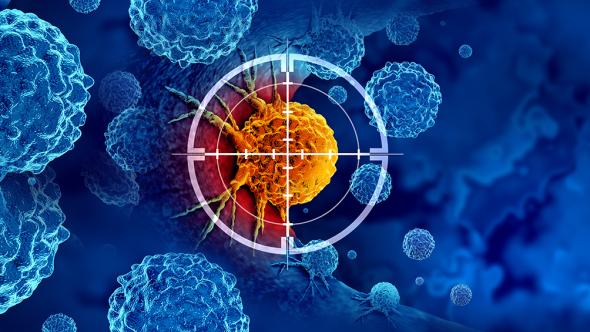This article was produced for the "Eureka" section of Omalius magazine #32, March 2024.
Prostate cancer is the most common cancer in Western men. In the European Union, no fewer than 335,000 new cases are detected each year, and nearly 70,000 deaths are attributed to it.
Yet, despite major advances in its detection and management, this cancer remains poorly understood. The cause is multifactorial origins and great heterogeneity between patients. The ambition of the MSCA doctoral training network is therefore to improve this understanding, while training the next generation of researchers, thanks to a pooling of multidisciplinary expertise.
During 4 years, the PROSTAMET program will bring together 15 partners made up of European universities and biomedical companies, to develop new molecules active against cancer. "This type of research is complex, particularly when it comes to designing new drugs", clarifies Catherine Michaux, FNRS senior research fellow and professor at UNamur. "Different skills are needed: biologists, chemists, pharmacists... It's this multidisciplinarity that makes this project so interesting."
With this in mind, PROSTAMET will focus on the central role of lipids. "Within cancer cells, many biochemical pathways are disrupted, including lipid metabolism", summarizes Catherine Michaux. "And the research team at KU Leuven, specialized in lipid metabolism and coordinator of the project, has already identified several enzymes that could become new targets in the treatment of prostate cancer."
